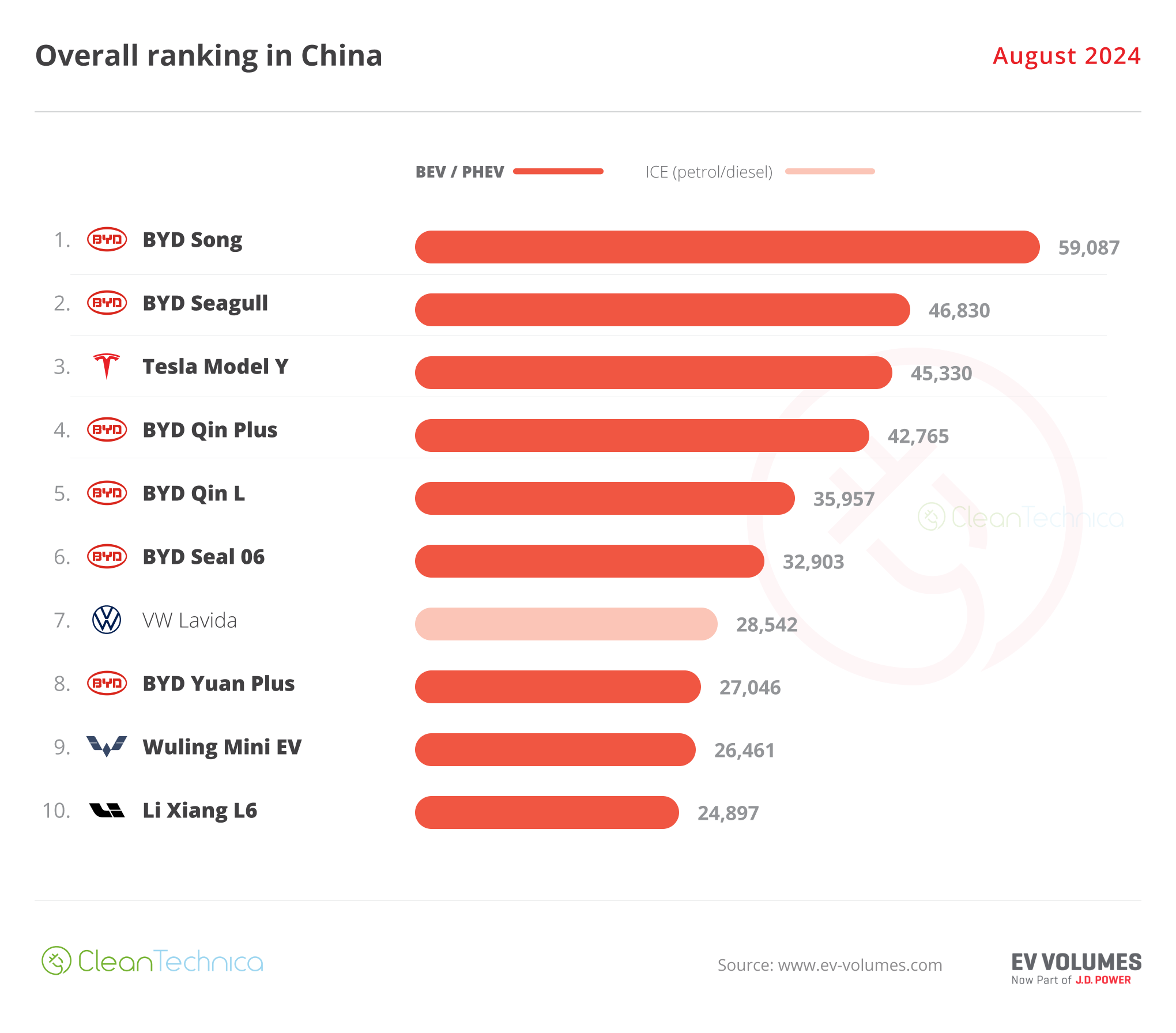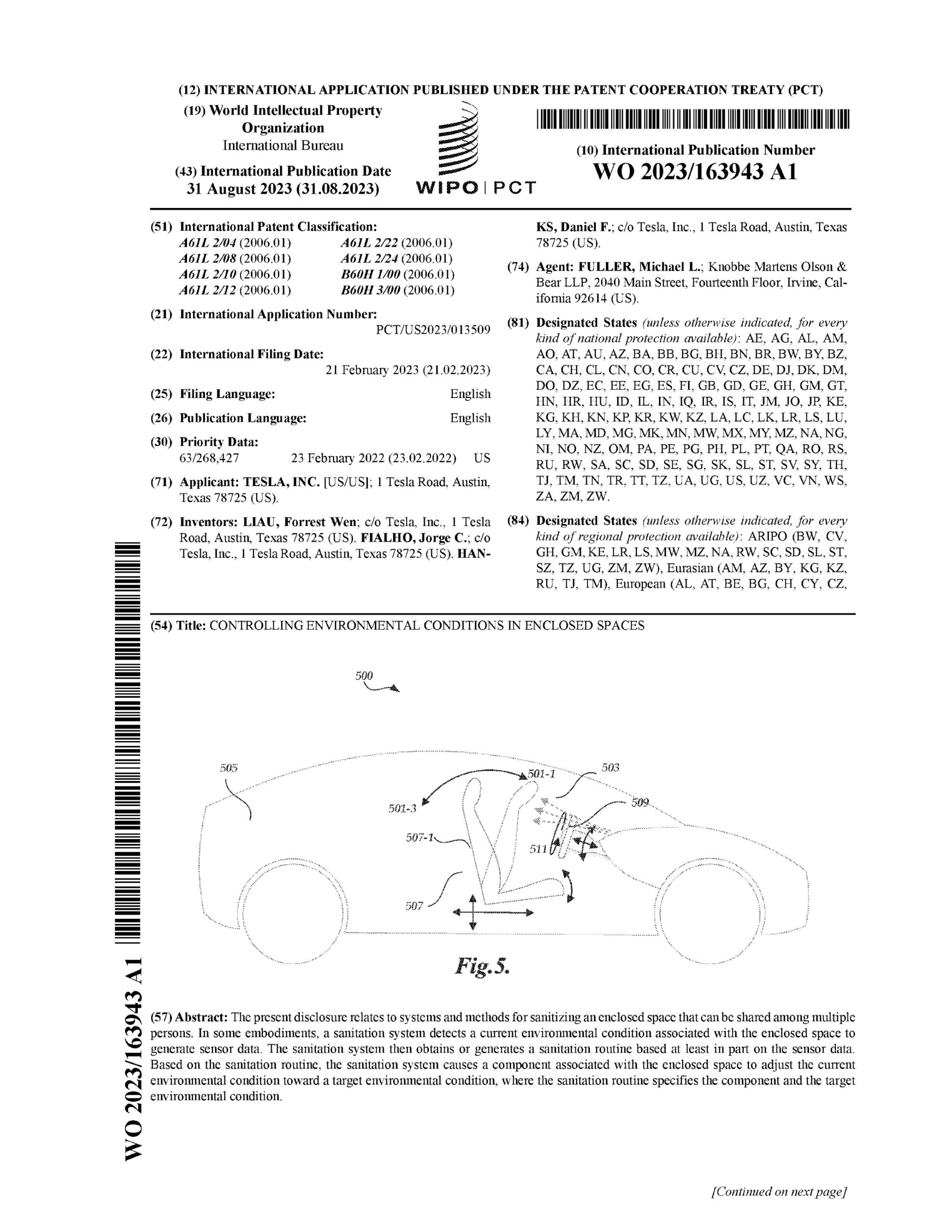Sign up for daily news updates from CleanTechnica on email. Or follow us on Google News!
Hyundai’s time in the automotive industry has been a real comeback story. When the company first entered the market in the U.S. and many other places, things weren’t great. Quality lagged behind North American and European automakers, and lagged even further behind Japanese automakers. Even pop culture items, like Kanye West’s song Gold Digger, mentioned Hyundai as a poor man’s vehicle and not a high-quality budget car like a Toyota.
But, like the Japanese automakers, Hyundai (and sister company Kia) made a big turnaround that seems like it’s just getting started. With much higher build quality, great reliability, and 800-volt EV systems, Hyundai and Kia’s EVs are now among the best on the market, arguably better than Tesla’s offerings. The only thing the vehicles suffer from at this point is access to high-quality charging infrastructure, but with a deal to gain access to Tesla’s Supercharger network, I think they’ll probably be the best EVs on the market in 2024 (Tesla fanboys: feel free to curse me in the comments).
It would be easy at this point for Hyundai and Kia to coast for a while and enjoy the success. There are going to be plenty of profits in the coming years from high-quality EVs at somewhat reasonable prices, right? But, the company’s executives seem to have their feet planted firmly on the skinny pedal. Several news items from October show that Hyundai’s working on changes and improvements of all sizes to keep innovating.
Lower Charging Prices In Europe
Earlier this month, Hyundai announced a change in the partnership with Ionity in Europe. Hyundai drivers can access and activate Ionity chargers via the myHyundai app, and they used to pay .79 euros per kilowatt-hour (kWh). Now, the price is down to .69/kWh.
That would be cool enough, but as Billy Mays supposedly once said, “But wait; there’s more!”
There’s also an Ionity premium package that can lower one’s charging price to as low as .54 euros. This costs 7.49 euros per month, so it makes a lot more sense for frequent travelers, especially with the three-month contract. Hyundai recently negotiated for better terms, and this dropped the term of the plan down to one month. This means one can sign up before a big road trip, charge for cheaper, and then cancel the plan if they aren’t planning to travel much next month.
This is on top of efforts to enable plug-and-charge capability at most Ionity charging stations.
A Battery Deal With Samsung SDI
A few days ago, Samsung has inked a supply deal with Hyundai for electric vehicle batteries. Samsung SDI will provide prismatic batteries for Hyundai’s electric vehicles in Europe for seven years, starting in 2026. According to Samsung, this marks the first partnership between the two companies in the field of electric vehicle batteries.
The deal will also help Hyundai diversify battery form factors and increase adoption of prismatic batteries in the lineup. On top of that, the companies also plan to conduct research on next-generation battery platforms to further improve both companies’ offerings.
Hyundai Motor will receive the latest version of Samsung SDI’s prismatic battery, known as “P6,” for its upcoming projects. The P6 battery cell has a remarkable 91% nickel-high NCA cathode and Samsung SDI’s own silicon-based anode, resulting in improved energy density, so range will be better with lower vehicle weights, which improves overall EV efficiency.
Manufacturing of the P6 batteries will take place at Samsung SDI’s Hungary plant, and they will be supplied to Hyundai Motor’s European production facility. According to Samsung, this collaboration ensures cutting-edge technology and high-performance batteries for Hyundai Motor’s future endeavors.
“We have taken the very first step forward with Hyundai Motor Company that is leading the global automobile industry,” said Yoon-ho Choi, president and CEO of Samsung SDI. “The company will make best efforts to help Hyundai Motor reinforce its global market leadership by expanding long-term partnership with the automaker by providing the customer with unrivalled technologies and supreme quality.”
Hyundai’s Also Working On Electric VTOL Aircraft
Supernal, the Advanced Air Mobility (AAM) company of Hyundai Motor Group (HMG), has announced a partnership with Hyundai WIA, a global manufacturer of automotive and aerospace parts, and Mecaer Aviation Group, a renowned aeronautical company based in Italy. Together, they will collaborate on the design and manufacturing of landing gear systems for electric vertical takeoff and landing (eVTOL) vehicles, which could lend themselves well to urban air mobility.
Each company will bring its own strengths to the table for this project. Hyundai WIA specializes in mass manufacturing and precision machine tools, while Mecaer is strong at designing and building aerospace-grade landing gear systems. Working together, they’ll focus on optimizing weight, improving structural efficiency, enhancing energy absorption capabilities, and integrating electronic systems into the landing gear design and manufacturing process.
Landing gear might not seem like a big deal all-in-all compared to things like batteries, electric motors, autonomous flight, and air traffic management, but anyone who has experienced a rough takeoff or landing on a commercial flight knows the importance of it. The beginning and end of a flight needs to be comfortable, safe, and injury-free.
“Our collaboration with Hyundai WIA and Mecaer is a testament to Supernal’s commitment to innovation and the highest standards of safety, design and manufacturing for Advanced Air Mobility,” said Jaiwon Shin, president of Hyundai Motor Group and CEO of Supernal. “This partnership unites our collective strengths and expertise to deliver aerospace-grade eVTOL landing gear in record time and ensure their scalability and sustainability. These types of automotive and aerospace strategic alliances are key to the growth and success of our emerging industry.”
According to the companies, this partnership plays a crucial role in Supernal’s endeavor to lead the way in high-scale production processes, catering to the future demands of the AAM industry. This collaboration will bolster the business model and streamline manufacturing by integrating cutting-edge materials and efficient assembly technologies.
“We are especially proud to announce our participation in this industry-leading strategic partnership and to have teamed with Supernal and Hyundai WIA to design, develop and manufacture a fully integrated wheeled landing gear for the Advanced Air Mobility company’s eVTOL vehicle,” said Bruno Spagnolini, CEO, Mecaer. “We are extremely appreciative of the trust Supernal has shown in the ability of the Mecaer and Hyundai WIA team to produce and innovate its landing gear system.”
Featured image provided by Hyundai.
Have a tip for CleanTechnica? Want to advertise? Want to suggest a guest for our CleanTech Talk podcast? Contact us here.
EV Obsession Daily!
I don’t like paywalls. You don’t like paywalls. Who likes paywalls? Here at CleanTechnica, we implemented a limited paywall for a while, but it always felt wrong — and it was always tough to decide what we should put behind there. In theory, your most exclusive and best content goes behind a paywall. But then fewer people read it!! So, we’ve decided to completely nix paywalls here at CleanTechnica. But…
Thank you!
Community Solar Benefits & Growth
CleanTechnica uses affiliate links. See our policy here.




